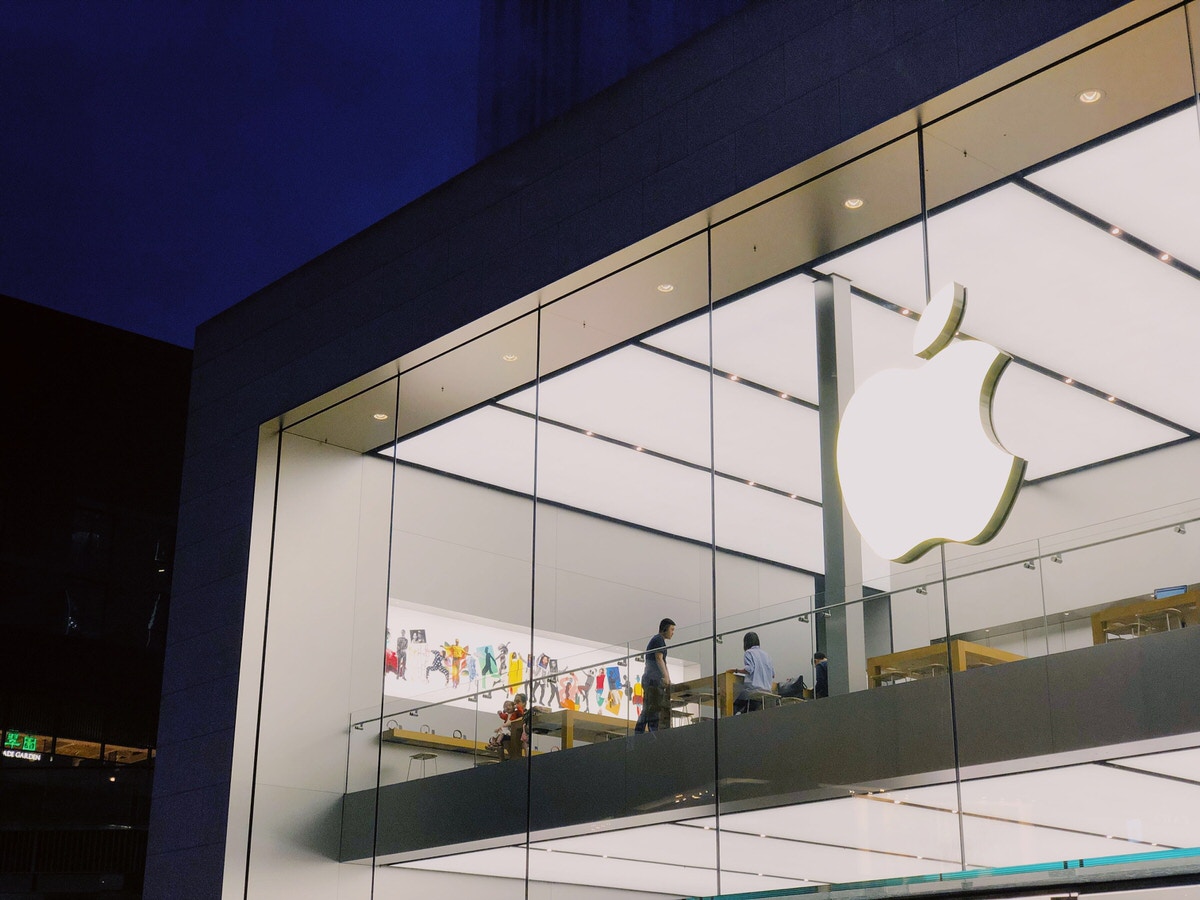At this point in the market cycle, the greatest source of demand for the shares of American companies is the American companies that issued them, and when their buying has slowed down, that has been followed by strong pullbacks.
The buyback king is Apple, which during the 12 months ending in June of 2018, had purchased $64-billion of its own shares.
This past week there has been a lot of analysis as to what the potential catalysts for the sharp selloff could have been, that rocked markets.
But what's another other factor it could have been? The most substantial buyers have most likely not been buying.
According to New York Times, in his research, UBS Investment Research's Keith Parker concludes that markets have been weaker when buyback activity subsides, or slows down.
There have been some large dips in the market that coincided with the fluctuations in buyback activity. “When that dries up or slows significantly, you’re having outsized market effects,” he said.
Conversely, when companies buy back their shares, that raises the upward pressure, and helps strengthen stock prices.
Parker's research also confirms that markets stabilized when corporate buybacks resumed earlier this year, in February. In April, following a slowdown in buybacks, stock prices fell.
American companies are on track to buy back $770-billion of their own shares this year, and upwards of $940-billion in 2019.
So why has the buying activity slowed down? The reason, cites Parker, is that companies are getting ready to report earnings, and slowdowns in buybacks usually precedes earnings reporting.
The main reason for this is that companies want to avoid any legal issues that could stem from buying their shares ahead of reporting their earnings, particularly if the news is going to be very positive.
While you cannot attribute any one reason to explain the stock market's 'capricious' behaviour, there is some logic to the findings of the research to suggest that "a slowdown in buybacks effectively removes a lot of motivated buyers from the American exchanges, which might have been a stabilizing force."
HSBC Strategist, Ben Laidler says, "No one else buys back share proportionately anything like the U.S. It's sort of a uniquely U.S. phenomenon."













